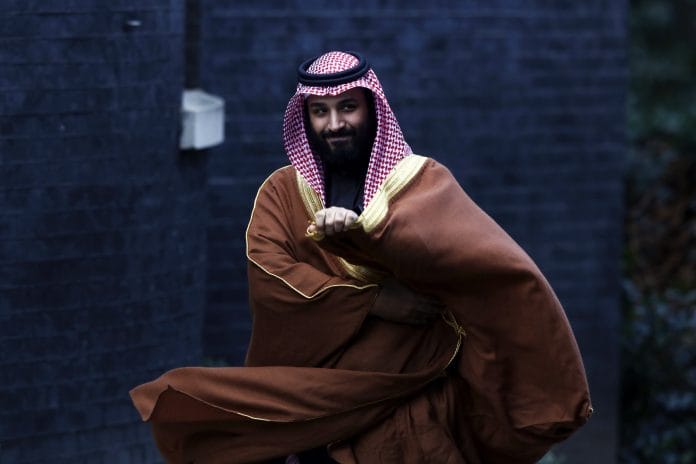Saudi Arabia needs to reduce the state’s role in the economy, promote privatisation and ensure greater transparency in the system.
Two years ago, Crown Prince Mohammed bin Salman, the de facto ruler of Saudi Arabia, began what he hoped would be a thoroughgoing reform of the country’s economy. Changes were certainly needed: The economy was too dependent on oil revenues, which were distributed inefficiently through patronage networks. It was clear that the country needed a vibrant, competitive private sector and to develop non-oil industries, the better to prepare for a future when it could no longer depend on the wealth lying beneath its sands.
The prince also recognized the need for social reforms. The conservative clergy had too much say in public life, whereas women had too little. He promised to bring to heel the more obscurantist preachers, and to allow women the right to drive.
But MBS, as the prince is known, got off on the wrong foot by deciding to make a public sale of shares in Saudi Arabian Oil Co., the world’s largest oil company. That plan was overly ambitious: the company was extravagantly valued at $2 trillion, and the enormous initial public offering was to have been completed by this year. Now that deal has been indefinitely postponed, giving the crown prince a chance to recalibrate his strategy for reform by pursuing more practical measures.
At this point, he will need to move quickly. The decision to put the Aramco IPO on hold will give investors pause, and capital flight, already a serious problem, could accelerate.
He’ll also have to act under intensified scrutiny by Saudis and foreign investors wary of the reform efforts made so far, which have had mixed results. Women can drive, but many women’s rights activists have been arrested. Subsidies have been cut and new taxes imposed, but higher state spending on wages and benefits have wiped out the gains. The sovereign wealth fund has made some strikingly successful investments abroad, yet Riyadh has not reined in its penchant for giant white-elephant infrastructure projects at home. MBS himself has seemed distracted by matters far removed from reform, most recently provoking a pointless feud with Canada.
To reassure foreign investors as well as his own countrymen that he has not lost sight of his reform agenda, MBS would be well advised to return to the objectives he articulated in 2016: to reduce the state’s role in the economy, to promote the development of the private sector and to introduce some transparency into a notoriously opaque system of distributing oil revenues among the elite.
The Aramco IPO was meant to advance all three objectives. A more realistic path forward would involve smaller projects like the privatization of an airport, a desalination plant or even a flour mill. Any one of the 14 non-oil privatization projects Riyadh announced last April could demonstrate that the government is capable of transparently transferring assets to the highest bidder — no small achievement in an economy that has been dominated by a state distributing assets among a favored few.
MBS would also be smart to put on hold a second over-ambitious project: a $500 billion fantasy land known as NEOM in northwestern Saudi Arabia that’s been dubbed the “city of the future.” The sovereign fund’s money is better spent on seeding private-sector initiatives, especially in industries that would allow the economy to diversify out of its unhealthy dependence on oil.
The temptation to pin his prestige to a big, showy project — whether a giant IPO or a new desert city — is understandable, especially in a 32-year-old in a hurry to establish his credentials as a ruler. But the crown prince’s credibility would be better burnished, and his country better served, by directing his attention — and that of the world — on the cumulative impact of less grandiose reforms.- Bloomberg







On the geopolitical side, there is the inconclusive war in Yeman, one of the poorest countries in the world. It has created a humanitarian disaster; 40 schoolchildren were tragically killed recently. Qatar has been blackballed, creating a schism in the GCC. Egging on America against Iran, which is still unfolding. As for the Aramco disinvestment, it is King Salman who reportedly pulled the plug on it, in late June.